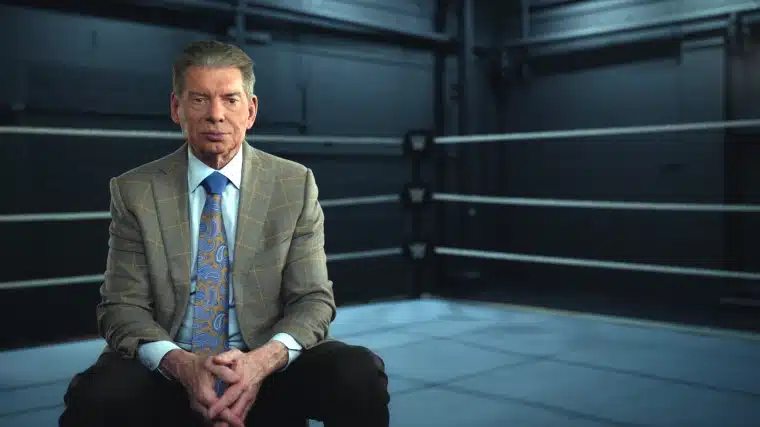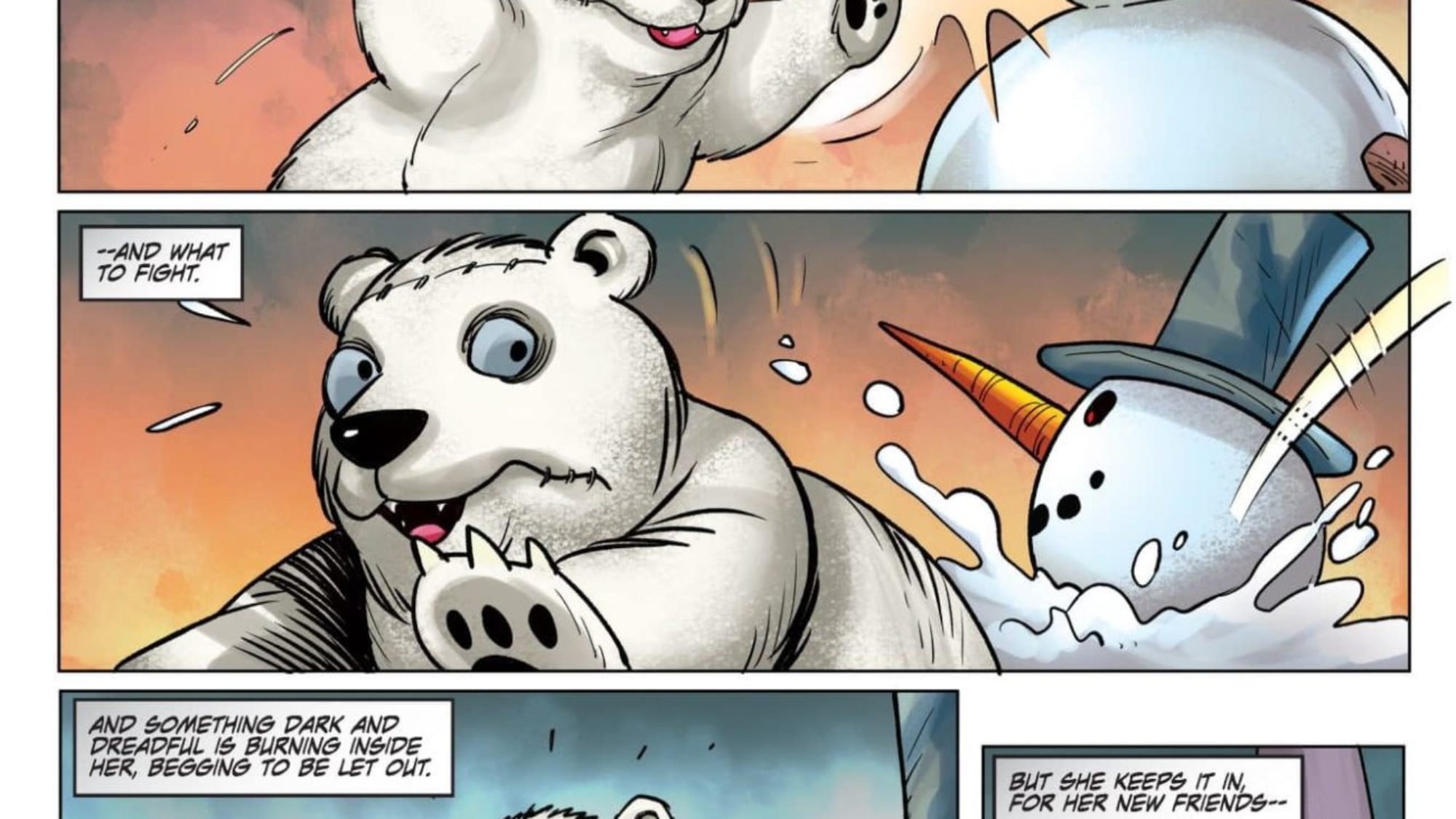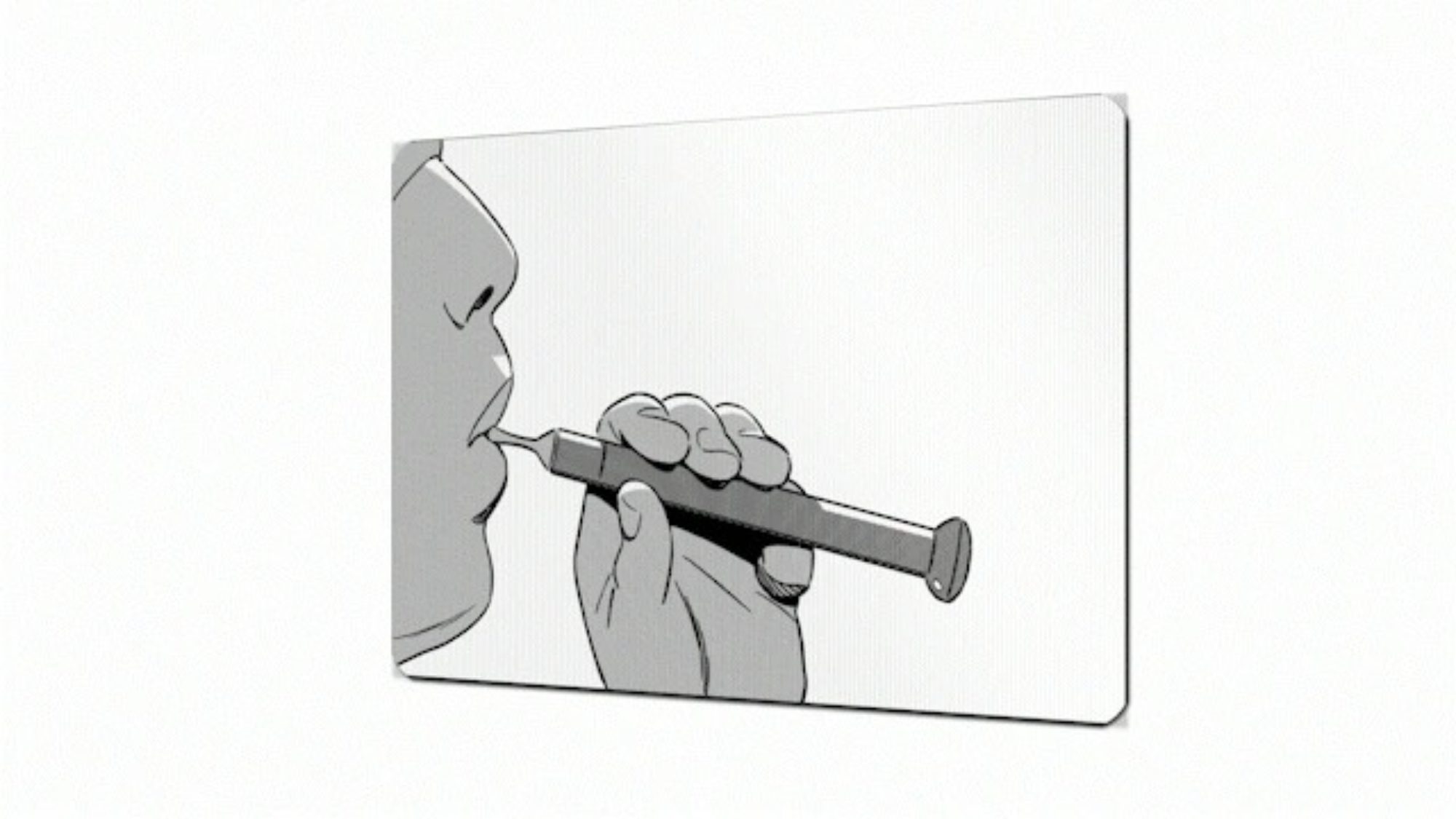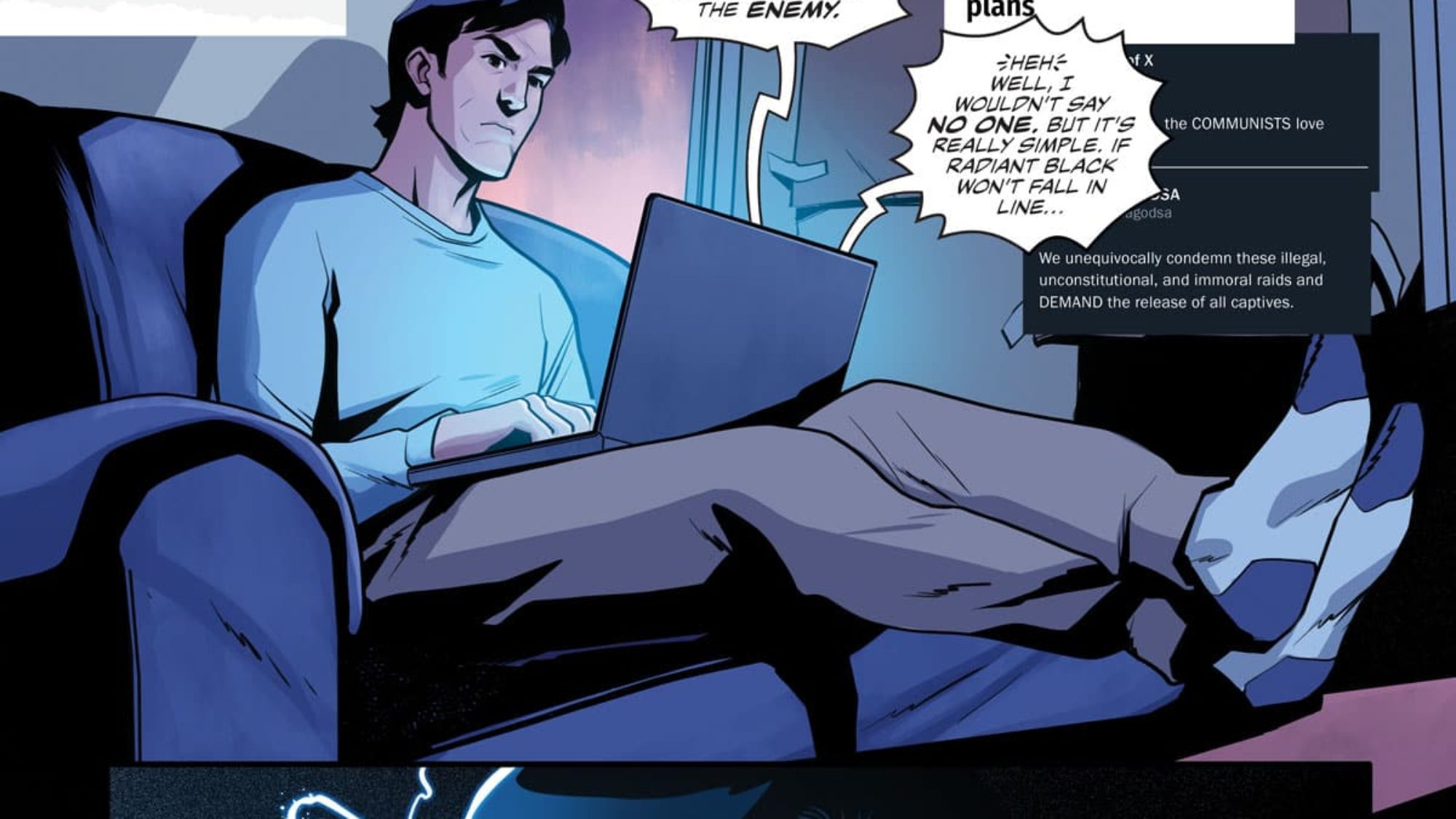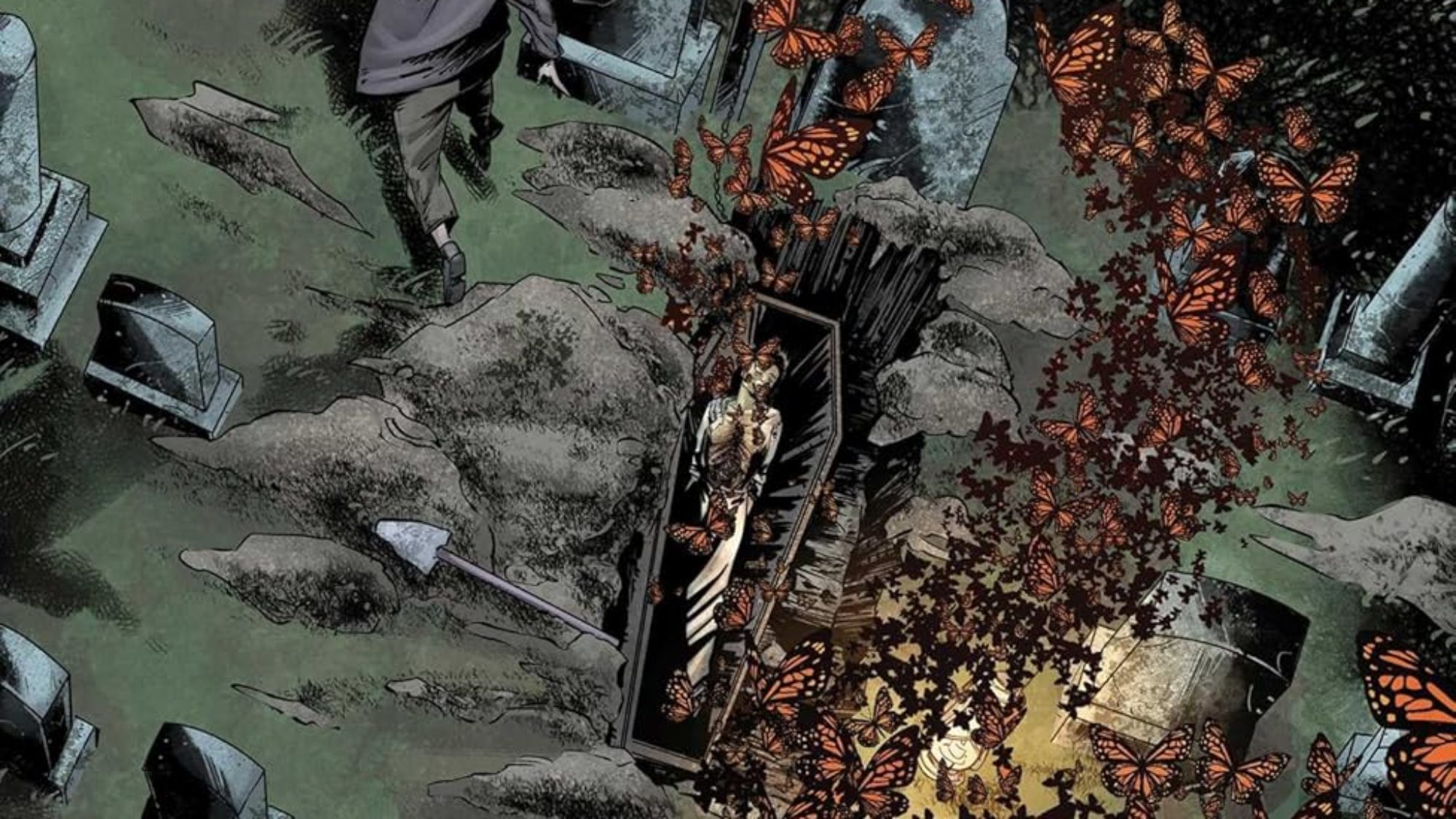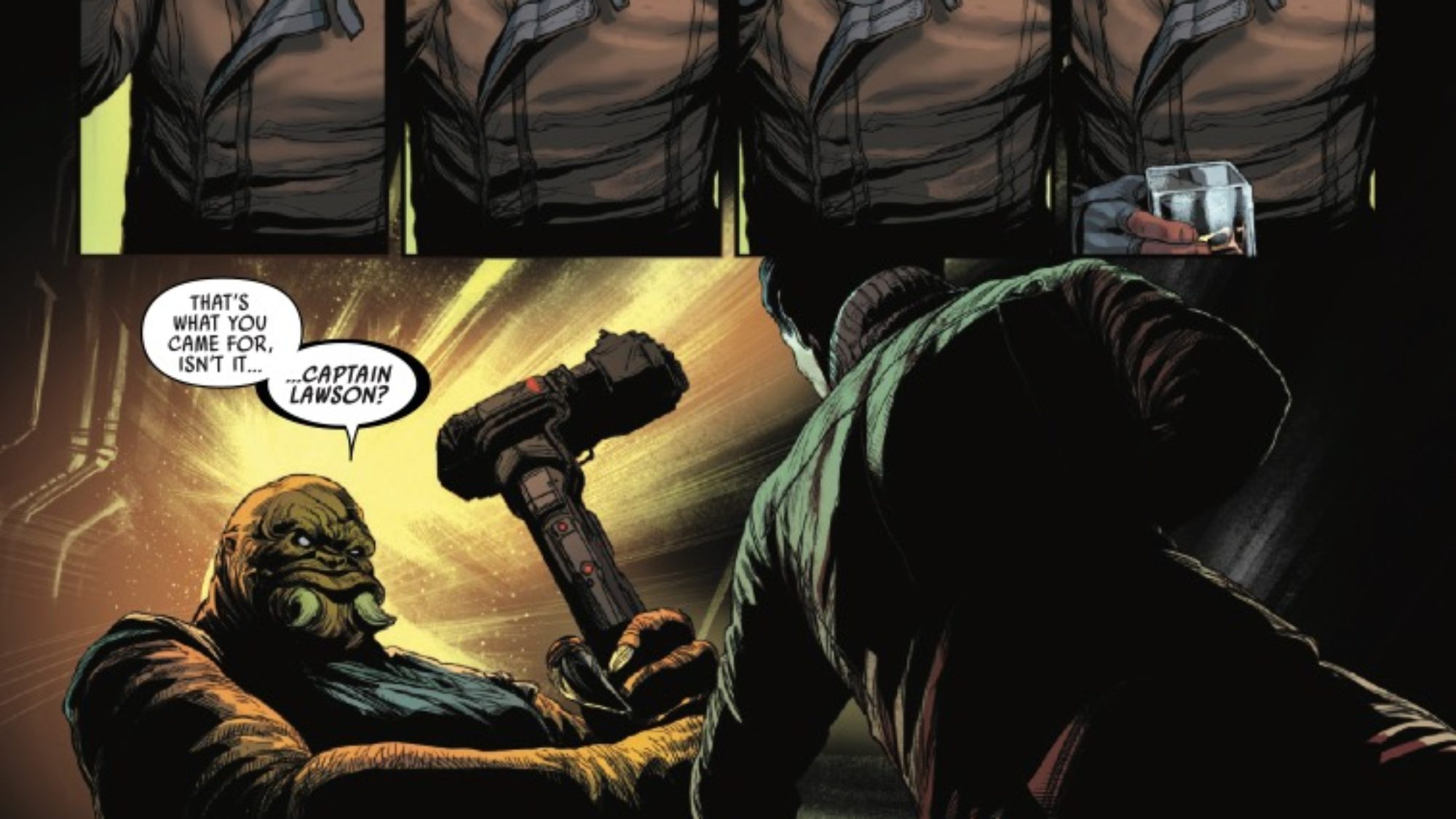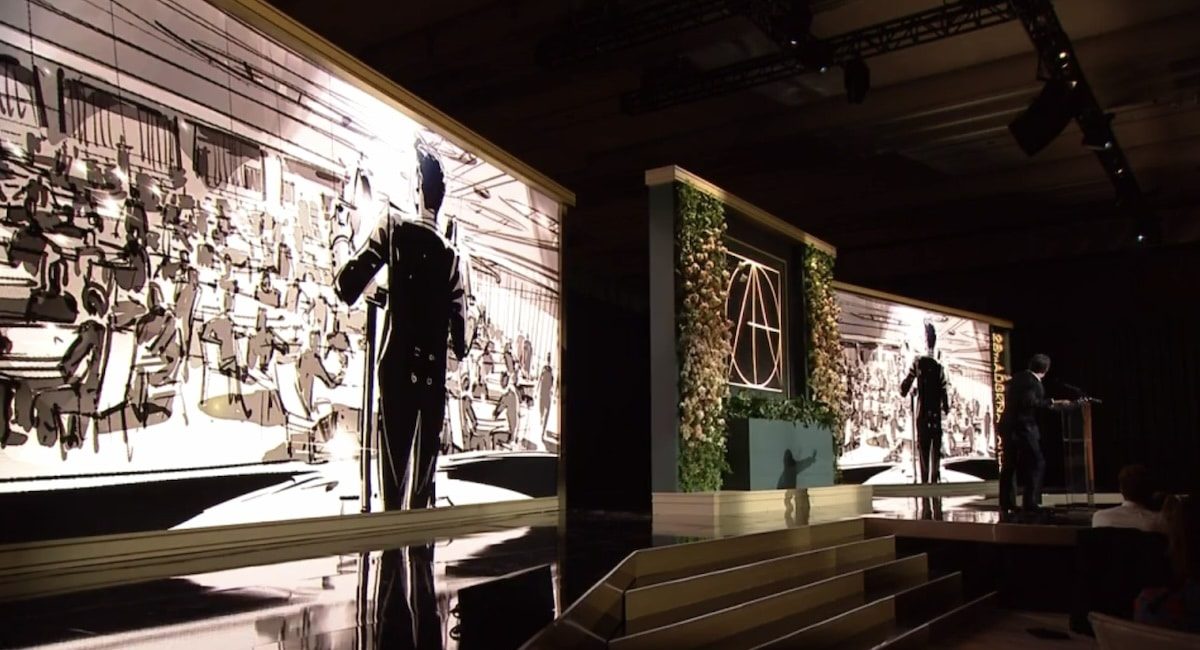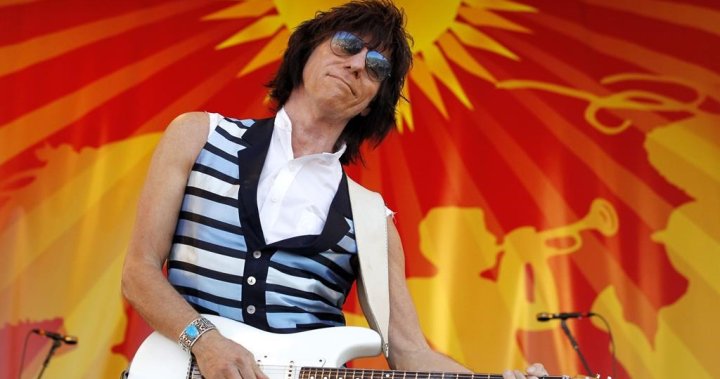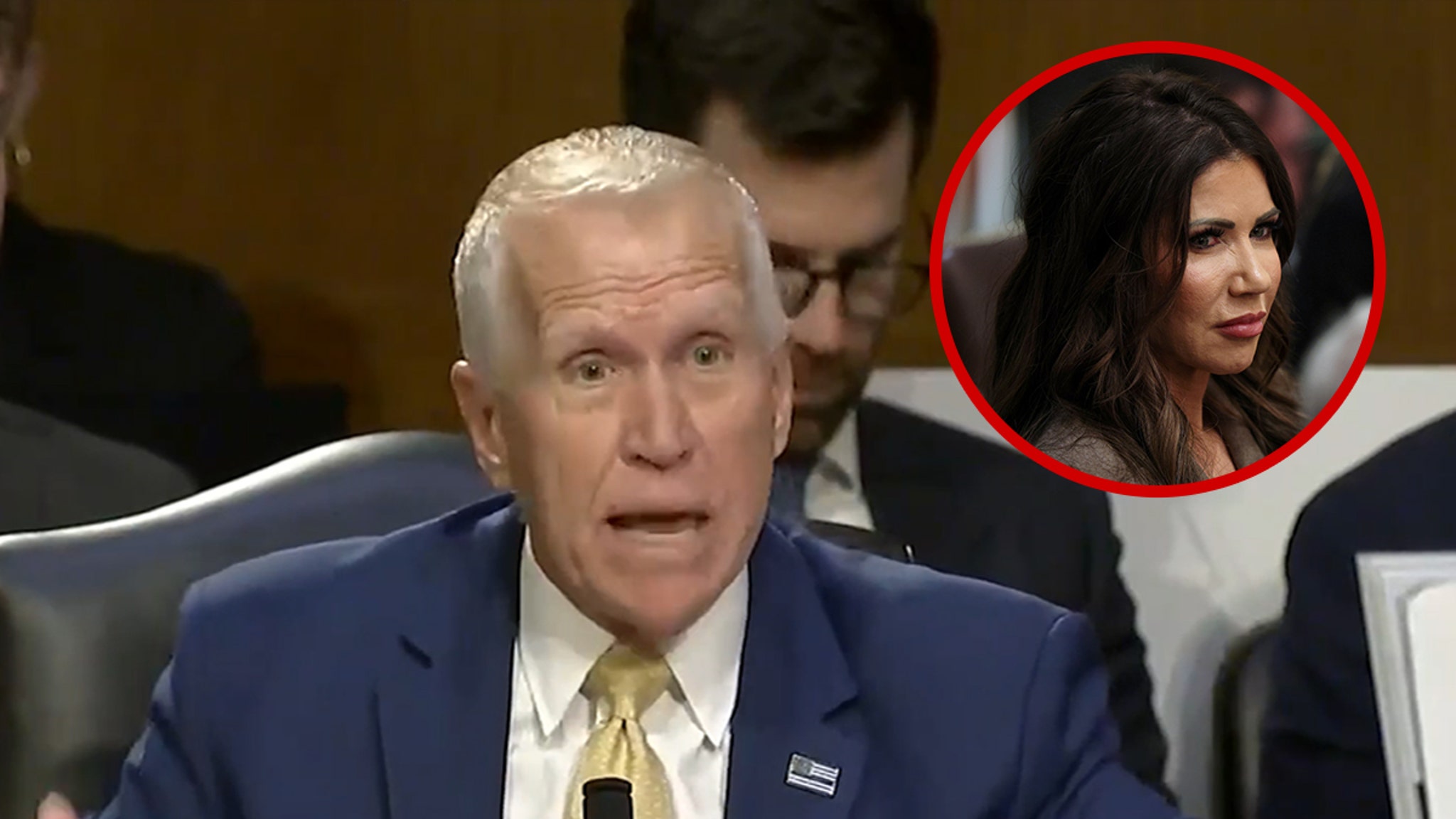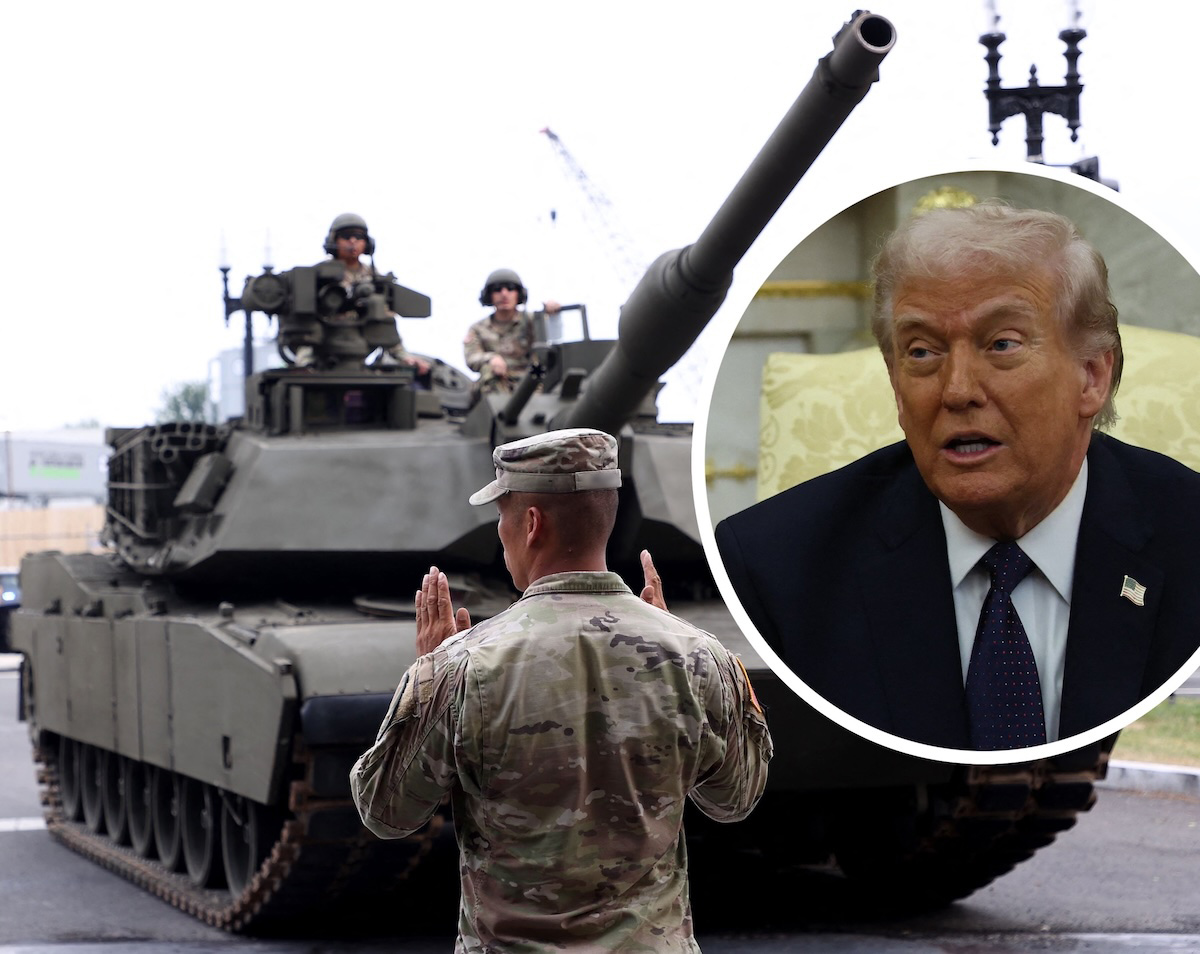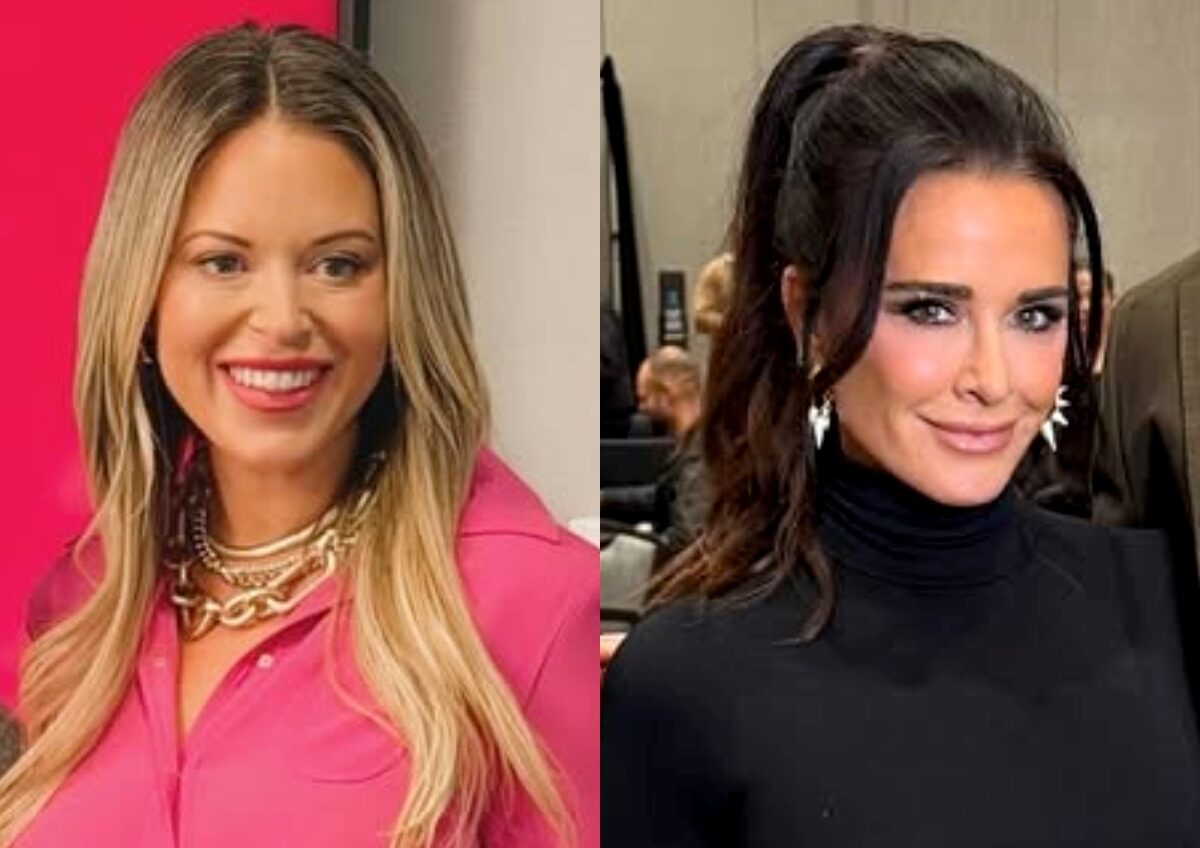

Mr McMahon is a brand-new series from Netflix, directed by Chris Smith (Tiger King) chronicling the meteoric rise and catastrophic fall of Vincent Kennedy McMahon, renowned wrestling promoter and former head of WWE creative. We are well into the ‘Triple H era‘ of the WWE, with Monday Night Raw coming soon to Netflix, but the influence and legacy of McMahon run deep, explored across six episodes in this docuseries.
Drawn from over 200 hours of interviews with wrestling professionals, ranging from promoters like Eric Bischoff, experts like Dave Meltzer, and wrestling talent like Bret Hart, this docuseries has a lot to cover in a short time. McMahon had a decades long career in the industry, starting from the 1970s and extending all the way until this year. In light of that, any given episode of the series covers years at a time, and some things don’t get the same amount of detail as some might expect. More screentime is spent on the Monday Night Wars and Steroid Trials than is on the Benoit massacre, for example. That might frustrate wrestling fans with encyclopedic knowledge of wrestling’s history, but for the most part works in the documentary’s favor. They cover most what they have more information on, and what the various interviews are more forthcoming about. It still covers all the important events in McMahon’s career, with only the WWE’s decline in the 2010s mainly getting the short end of the stick.
If there’s two particularly fantastic episodes in the docuseries, it’s episodes 3 and 4. Discussing the Monday Night Wars, Montreal Screwjob, and the legendary Attitude Era, it’s where the docuseries feels at its most focused and most effective. It helps that this is a particularly legendary time period for wrestling, which means they had far more information on it that they could convey to the audience. If you were to only watch an episode or two of the series, I would absolutely suggest these two. I can only imagine the shock that casual modern-day wrestling fans might go through seeing some of the stuff that was going on, both on-stage and off, back then.
The interviews make up a large part of the series and are incredibly intriguing. You’re seeing another perspective on a lot of these people, be it Trish Stratus talking about what it was like to be a woman in the WWF, Cody Rhodes voicing his love for WCW, or Triple H discussing his relationship with Vince directly. It’s refreshing, and almost made me wish the documentary was longer, showing off even more footage from the various interviews they conducted in preparation for it. It never feels as if the interviews are being manipulated to make McMahon look bad – he does plenty of that to himself – instead, they come across as honest, both praising him and being honest about some of his major flaws and shortcomings. I particularly enjoyed the segments with Eric Bischoff, Dave Meltzer and Paul Heyman, who had plenty to say about any given event covered in the documentary.
Vince McMahon himself is probably the most interesting out of all the interviewed guests. It is somewhat shocking to see him be this honest and open, quite openly discussing things rumored or suggested about him for years. While he still upholds old lies, like attendance numbers or how the Attitude Era was family-friendly, he’s quite vocal about the steroid trial and other issues. The best moments of this entire docuseries are when they directly interact with what Vince says in an interview, either outwardly showing that its false or trying to show things he did or experienced. It’s fascinating, and while of course he refuses to comment on events of the last year, he very clearly hints at it or the nature of it in the documentary, digging his own grave better than anyone else ever could.
The real highlight of the entire documentary though is Shane McMahon. He’s honest, open, emotional, and isn’t scared to be sincere. That’s probably why he comes off so likeable here – almost all of the interviews have people who are still holding some information back, but Shane is fully transparent. Episode 5, ‘Family Business’, really highlights him and his complex relationship with his father, both wanting to be in the wrestling business but break the cycle of abusive father-son relationships. My biggest takeaway from the entire documentary is that we didn’t appreciate Shane O’Mac enough, and the absolutely mind-blowing lengths he went to in the ring to impress his father.
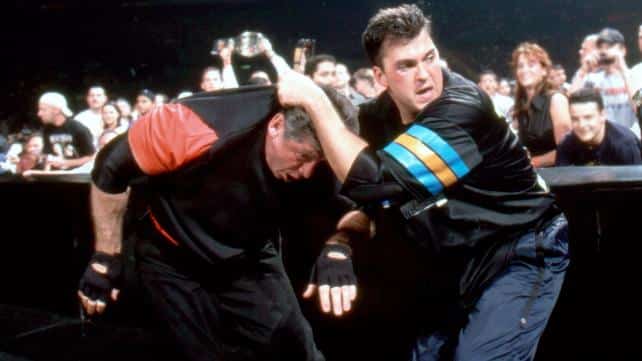

Technically, the docuseries is very well put together and edited. It’s paced exceptionally well, and it’s very watchable from beginning to end. It would be very easy to just watch the whole thing in a day, which I suppose is somewhat the goal. If there’s a section that feels clunky, it’s the final episode, which has clearly been re-done and re-edited to reflect events in the last year or so. It comes at the cost of exploring WWE’s decline in the 2010s, but it makes the documentary feel more timely. If I was the team behind the series, I would’ve asked Netflix for an extra episode, so that they didn’t have to seemingly combine 15 years of events into one hour long episode.
Overall, if the only significant complaints towards this documentary are that wrestling fans already know a lot of the information going in, then that’s not necessarily a major flaw. I can imagine this docuseries will be an illuminating watch for those new to the world of wrestling or completely uninitiated with it, and for that I am ridiculously glad it exists. It covers most of the important information, and it’s incredibly vivid in how it portrays events. There’s a certain shock in seeing WWE legends like Steve Austin, Bret Hart and John Cena talk honestly about controversies kept hush-hush for decades, and the docuseries isn’t a simple hit piece on McMahon, like he’s making it out to be himself. Instead, it shows the good and the bad on a legendary figure who helped create wrestling as we know it today. It just so happens that a lot of it is very, very bad. Suggest it to all of your non-wrestling friends, and watch as they discover just how wild this sport and it’s industry can be.



